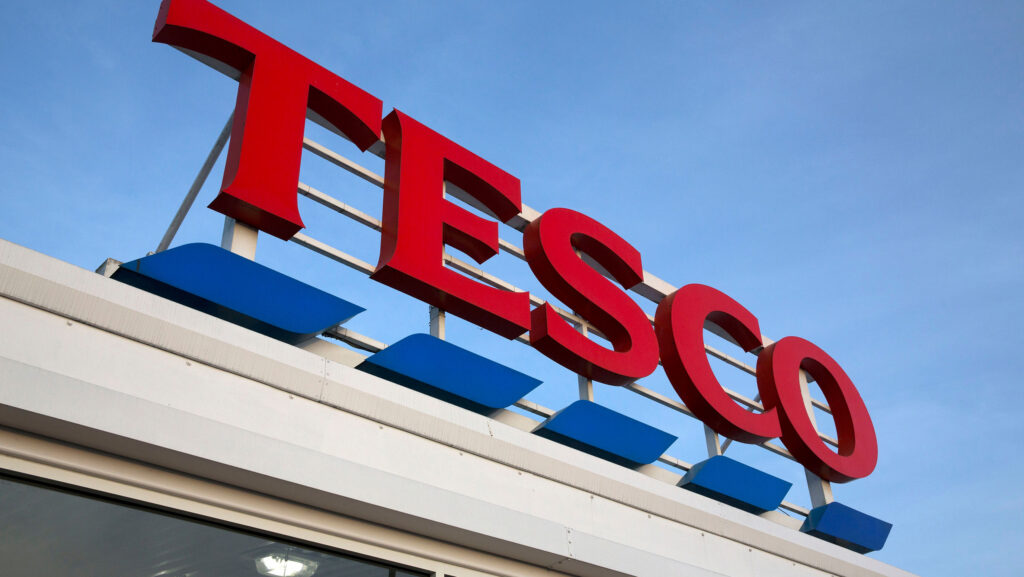Tesco rewards farmers for hitting green targets
 © Tim Scrivener
© Tim Scrivener More than 400 British farmers will receive financial rewards and support from Tesco starting this September, as part of a major sustainability initiative across its dairy, pig, lamb, and beef farming groups.
The new incentive schemes aim to help farmers reduce environmental impact and improve animal welfare, in line with recommendations made in Tesco’s Greenprint for UK Farming Report, published earlier this year.
See also: Tesco to cut producers from its sustainable dairy group
The report, shaped by farmer input, called for new payment models to aid the transition to low-carbon agriculture.
From next month, 260 dairy farmers supplying Tesco’s liquid milk through Müller UK under the Tesco Sustainable Dairy Group (TSDG) will be eligible for up to an extra 2.5p/litre of milk.
Payments will be based on performance in areas such as emissions reduction, animal health, feed conversion efficiency, and genetic improvement.
Tesco says the scheme could deliver more than £9.5m in additional payments in its first year.
TSDG members will also take part in a year-long baselining exercise to set future targets on soil, water, and biodiversity.
‘Shared goals’
Ashwin Prasad, Tesco UK CEO, said: “A key area identified by farmers was the introduction of incentive schemes to help achieve our shared sustainability goals.
“We’re pleased to be acting on these recommendations. These incentives will play a crucial role in ensuring our farmers remain economically and environmentally sustainable for the long term.”
The programme extends to other sustainable farming groups. Up to 160 members of the Tesco Sustainable Lamb Group will receive bonus payments for planting herbal leys.
Pig farmers in the Tesco Sustainable Pig Group will be rewarded based on improvements in animal welfare, soil health, biodiversity, and emissions.
Beef farmers in the Tesco Sustainable Beef Group are included in similar initiatives.
Dave Jones, TSDG chairman, said: “It’s great to now get a payment to reward this and fund future carbon reductions. The template is well balanced to include carbon reduction, improved genetics, feed efficiency, animal health and welfare, and improved biodiversity.”
